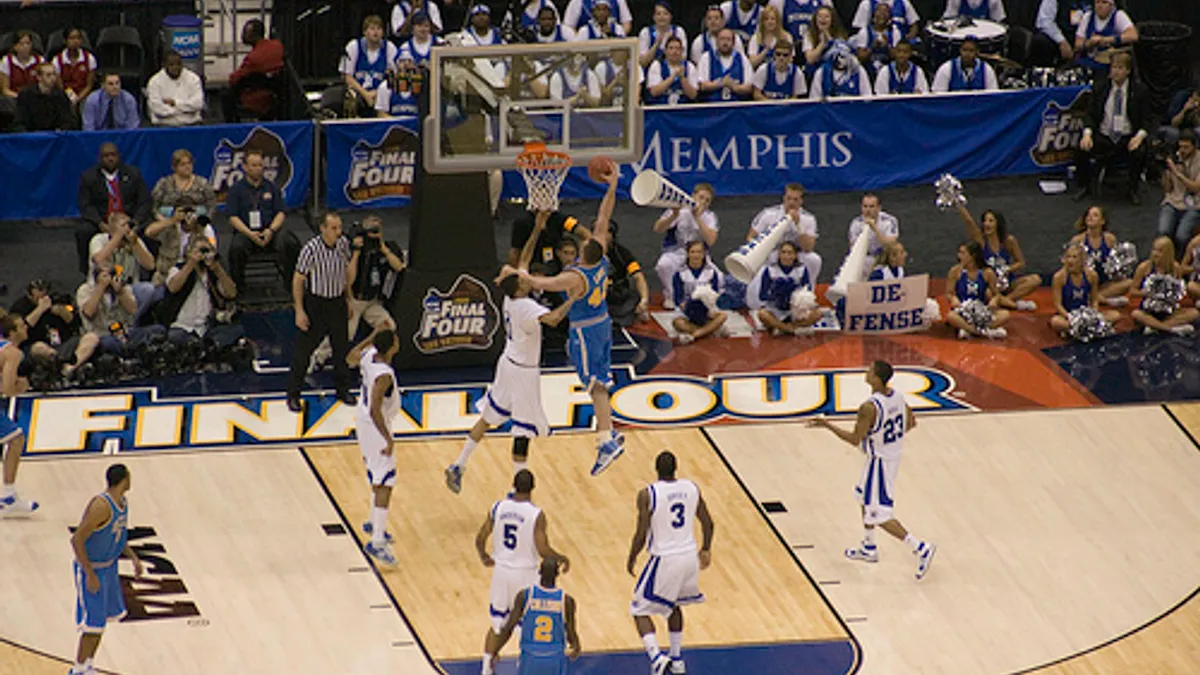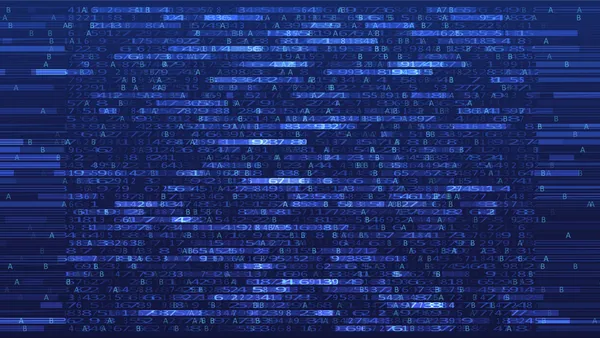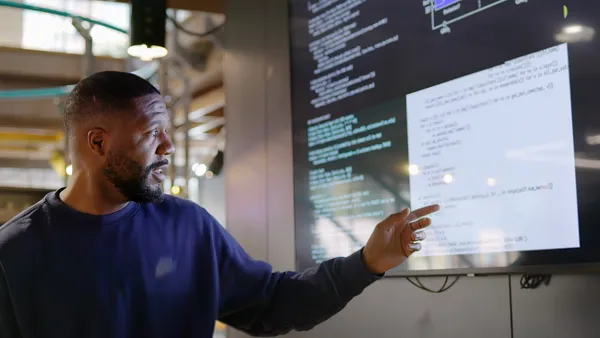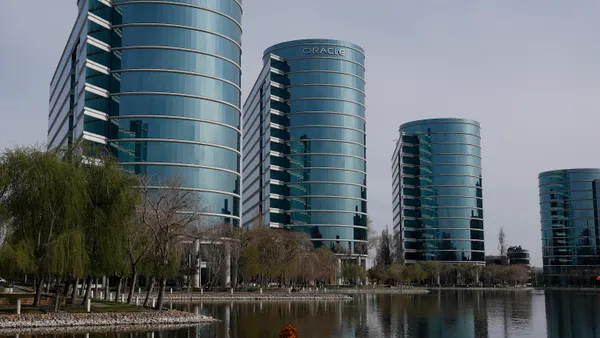Update: Before the game, Google predicted a 73.2% chance of at least 37 three-point attempts in the Loyola-Chicago and Michigan matchup and a 75.1% chance of at least 26 assists in the Kansas versus Villanova game.
Results: Google was on the mark for both games, which saw 38 three-point attempts and 28 assists, respectively.
At halftime, the company aired predictions for the second halves based off the first half stats. For the Michigan and Loyola-Chicago game, it predicted with 70.6% certainty that there would be at least 29 rebounds. For Kansas and Villanova, Google predicted with 72.5% certainty that there would be at least 55 shot attempts.
Results: Both predictions came true.
Dive Brief:
- During this year's Final Four, Google's cloud team and the Wolfpack, a group of data scientists, technicians and basketball enthusiasts, will be using data analytics and machine learning to predict what will happen during the live games, according to a company announcement. The predictions will be shared in real-time ads and available for viewing during halftime.
- The Wolfpack has been applying Google's data tech, using BigQuery and Cloud Datalab on the Google Cloud Platform, to decades worth of NCAA data. Their findings already show that players with the No. 1 jersey dunk the most, teams with feline mascots cause the most upsets and players from North Dakota are best at three-pointers.
- The Final Four experiment, run on-site in San Antonio, will analyze data from the first half of the games against historical NCAA data to predict what will happen in the second half. The Google team will only have a few minutes to turn the data into predictions and then into an ad, which CBS and Turner Broadcasting will air before the start of the second half.
Dive Insight:
If you think technology doesn't have a court-side seat in basketball, think again.
The NCAA has been steadily transitioning from a back-office department to a leader and innovator in the college sports association. For Selection Sunday, a custom built selection tool helped the NCAA committee analyze data and decide which teams made the March Madness tournament.
The NCAA partnered with Google last year and has been migrating 80 years worth of player and game stats to the cloud platform, where data analytics and ML can help drive new insights. Building off of this partnership, the two organizations recently made years worth of Division I basketball data available for a machine learning bracket competition.
The Final Four experiment is a bold and public test for Google's Big Data team. If the predictions turn out to be correct, the winning teams won't be the only ones walking away with bragging rights.
But even if they turn out to be far off, the project will demonstrate the real-time applications of cloud technology, machine learning and data analytics, for sports and the enterprise.












